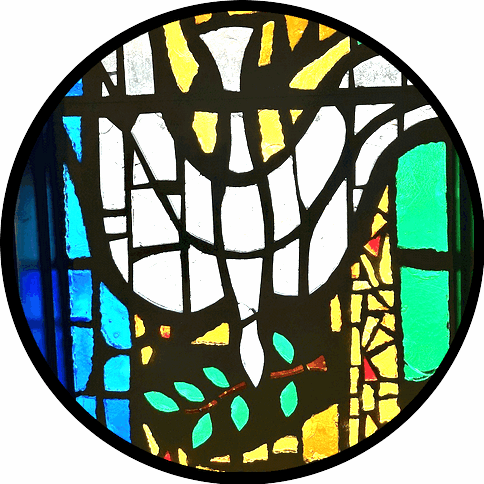The Religious Society of Friends, commonly known as Quakers, emerged in mid-17th century England during a period of religious and political turmoil. Founded by George Fox (1624–1691) and Margaret Fell (1614–1702), Quakers emphasized a direct experience with “that of God” within each person. They rejected formal clergy and rituals. Quaker practice emphasizes attending to inner light through sitting in silence and quieting the mind to hear the “still small voice of God.” From the beginning, Quakers embraced spiritual equality between men and women and among all people.
Quakers faced severe persecution in their early years for their radical views, including pacifism, equality, and refusal to swear oaths. Despite this, they grew rapidly, spreading to the American colonies, where figures like William Penn (1644–1718) established Pennsylvania as a haven for religious tolerance and democratic principles in 1681. Penn’s “Holy Experiment” became a model for peaceful coexistence and justice.
Quakers have been historically renowned for their social activism. They were early advocates for the abolition of slavery, with figures like John Woolman (1720–1772) and Anthony Benezet (1713–1784) leading efforts to end the transatlantic slave trade. Their commitment to equality also extended to women’s rights, with Quaker women like Susan B. Anthony (1820-1906) and Lucretia Mott (1793–1880) playing pivotal roles in the suffrage movement.
During the 19th and 20th centuries, Quakers continued to champion peace and humanitarian causes. They provided relief during both World Wars through organizations like the American Friends Service Committee (AFSC), founded in 1917, which later received the Nobel Peace Prize in 1947 for its humanitarian work.
Quakers also have a long tradition of self-reflection, accountability, and activism, including critically examining their history and addressing wrongs committed by or in the name of the Religious Society of Friends. While Quakers are often celebrated for their progressive stances on social justice, they also acknowledge that their history is not without blemishes.
Historically, there were Quakers who played roles in slavery, colonialism, indigenous displacement, and gender and racial inequalities. Quakers’ commitment to integrity and social justice includes a willingness to confront these historical shortcomings. By acknowledging past wrongs, apologizing, and taking concrete steps toward restorative justice, Quakers strive to live up to their testimonies and create a more equitable and compassionate world.
Today, Quakers are a diverse global community united by their commitment to simplicity, peace, integrity, community, equality, and stewardship. Their legacy of social justice, environmental sustainability, and nonviolent activism continues to inspire positive change worldwide.
For a more in-depth introduction to Quakerism, visit this primer from Friends World Committee for Consultation (FWCC)
References:
- American Friends Service Committee. Quaker Service in the Modern World. AFSC, 1950.
- American Friends Service Committee. AFSC’s Statement on Racial Justice. 2020.
- Barbour, Hugh, and J. William Frost. The Quakers. Greenwood Press, 1988.
- Friends General Conference. Apology to Native Americans. 2016.
- Punshon, John. Portrait in Grey: A Short History of the Quakers. Quaker Books, 2006.
- Quaker Peace & Social Witness. Quaker Work on Reparations and Racial Justice. 2021.
- Woolman, John. The Journal of John Woolman. 1774.
